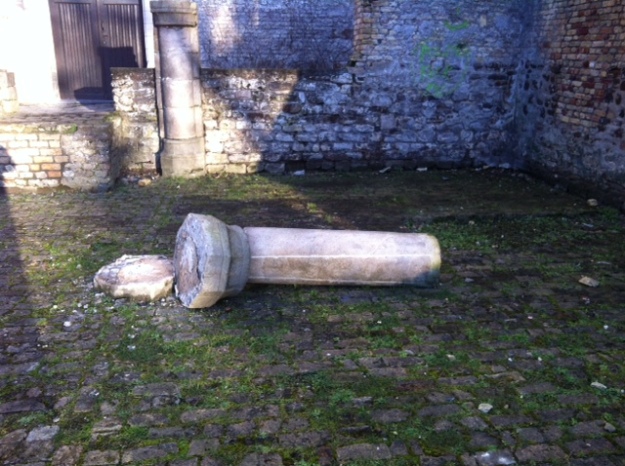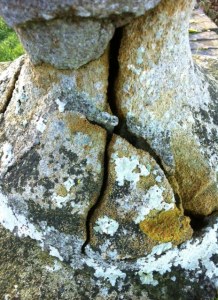
The wounded healer is a book written by Henri JM Nouwen. The cover states, “In our woundedness, we can become a source of life for others.” The book is part of Nouwen’s teaching on Ministry. He concludes in a chapter on Ministry for a Rootless Generation, that the man of prayer offers leadership as an articulator of inner events, compassion and as a contemplative.
I really get this; Jesus taught us to love others as we love ourselves; he wept at the death of Lazarus, had compassion on the widow whose son had died and raised them form death as he did the ruler’s little daughter. He also withdrew often to pray alone.
It is so important we grow to love ourselves and know our inner depths; to know and love ourselves as God loves us. In loving God, wells of living water flow from our hearts – we are enabled to love ourselves. This is a revelation from the mouth of Jesus, recalling the creational joy of God at creation and the foundation of the saving word he gave to his people through Moses.
In loving God and loving one another as ourselves, we are able to redeem our times through Jesus. Those who are able to dig deep and articulate this love in a place of engagement with people, are able to lead. God poured himself out for us; as we pour ourselves out, taking our woundedness and rootlessness and articulating the miracle of our own healing in Christ, we offer leadership to our contemporary culture. Leaders need to engage with and articulate their redemption.
Stemming from this articulating of the good news of Jesus, is a genuine compassion that breaks down walls; removes barriers; refuses to act to separate people from people. The suffering of others is our suffering, as much as our own pain.
The pain and violence that God chose to endure through saving Noah and his family, has a purpose –God doesn’t give up on us! Job and has counsellors are wrong, God is not to be praised despite suffering, but God is glorified in creation and His joy at what He has made is set before us, which works its way out in us through works of compassion.
The danger, wildness and messiness of creation; the very forces of nature that destroyed Job’s world embody the message God has for him. The fearful creatures of Chaos reveal the nature of God; though He is not them, they are his works. Behold Behemoth…
Compassion is fulfilled on the cross as God takes all pain, violence and sin upon himself and sets us free in Christ. Leaders live this reality, transforming suffering into hope.
And finally, prayer: the contemplation of God, the Father Almighty Maker of heaven and of earth. In Him all things, live and move and have their being. God lives in unapproachable light and yet we stand assured in his presence because of Christ.
Leadership so often seems to be about being right. Righteous leadership is about knowing the Holy. Contemplation of God calls from the heart for God’s Kingdom to be on earth as it is in heaven, freedom from temptation and deliverance from evil.
Contemplation brings us to our knees in the knowledge that all our assertions about God’s nature and being are like arrogance and pride. Our words and theologies are sometimes a thin, self-important veil over confusion and fear, concealing anxiety and craving an identity which we then call god. We feel good because at least we are not as bad as them! True contemplation of God frees us from such delusions of grandeur and enables us to lead.
“Do you still want to argue with the Almighty?
You are God’s critic, but do you have the answers?
(Job 40:2 New Living Translation (NLT))
Poem: Railing




